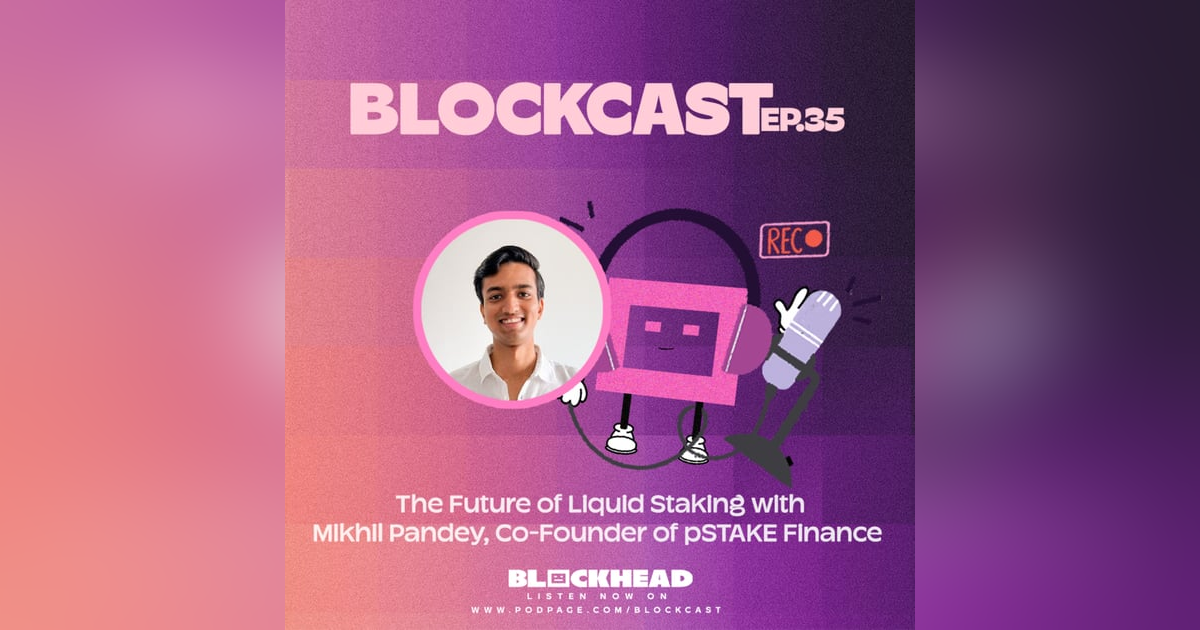Table of Contents
Binance Labs, the venture capital arm and incubator of Binance, has invested in Solayer at an undisclosed valuation.
Solayer is a restaking protocol on Solana with ambitions to empower decentralized applications (dApps) with high network bandwidth while providing security to the Solana blockchain.
Within two months of phase 1 launch, Solayer managed to attract over $ 150 million in Total Value Locked (TVL) from 70,000 unique deposit addresses. This puts Solayer as the 13th largest protocol on Solana according to a press release by Binance Labs.
"Solayer has emerged as a dominant player in the Solana ecosystem, and we are excited to join them on their journey to make the ecosystem more vibrant,” said Yi He, Co-Founder of Binance and Head of Binance Labs.

Solayer plans to use funds from Binance Labs to expand its team, integrate new protocols, and solidify its role in the Solana blockchain ecosystem. The team will also address network congestion on Solana through restaking infrastructure.
Restaking, a concept made popular by Eigenlayer, allows users to utilize their tokens more than once at the consensus layer, securing more than one network at once.
Users can compound interest earned by staking SOL to a liquid staking protocol and stake the Liquid Staking Token (LST) received to Solayer. While this may sound attractive, it is always important to keep in mind the smart contract risks involved.

"We are one step closer to realizing our vision of strengthening the Solana ecosystem and delivering greater value to dApps on Solana," said Jason, Co-Founder of Solayer Labs.
Last week, Solana outperformed Ethereum in total transaction fees and Maximum Extractable Value (MEV) tips for the first time on a weekly basis.
The Layer 1 blockchain's fee revenue of $25 million eclipsed Ethereum's $21 million, signalling a significant shift in network activity, according to Blockworks Research analyst Dan Smith.

The network's daily fee revenue also peaked at $5.5 million on July 28th, marking a three-month high, with Smith noting that 58% of this revenue came from MEV tips, with priority transaction fees accounting for 37%.












